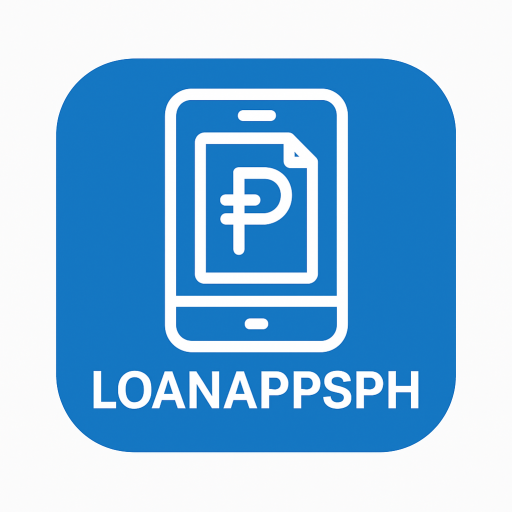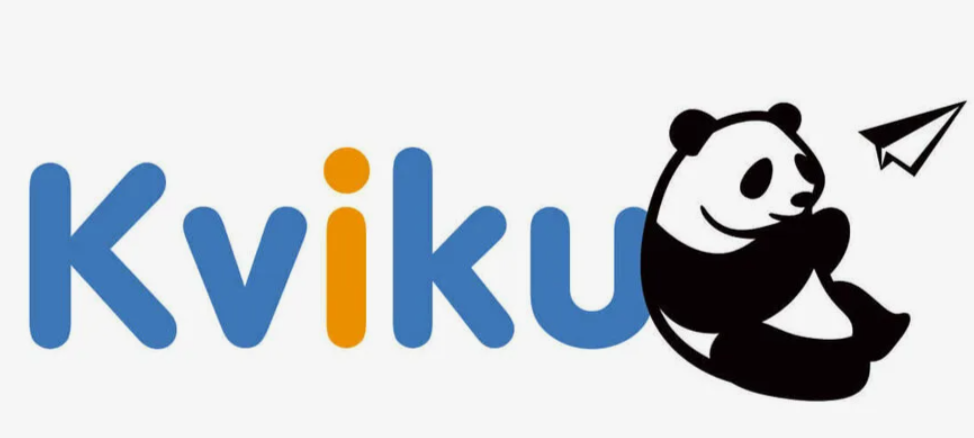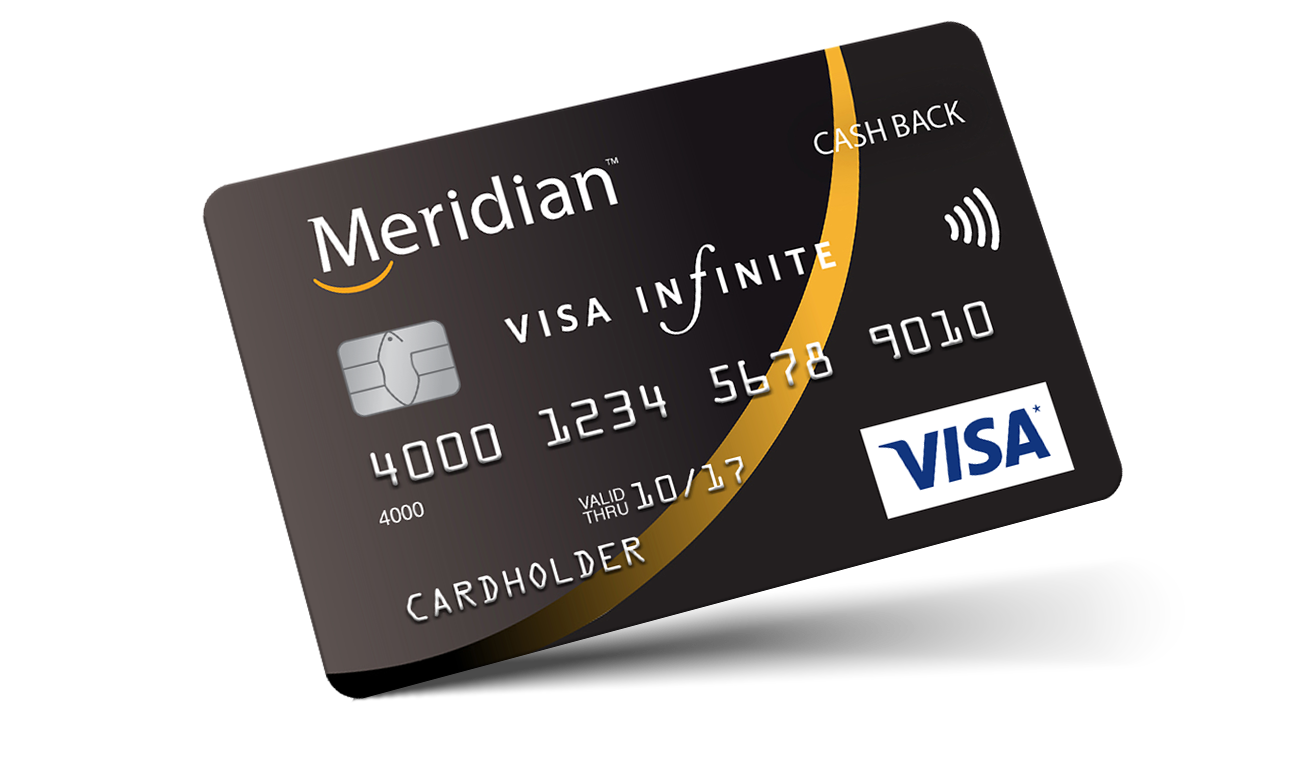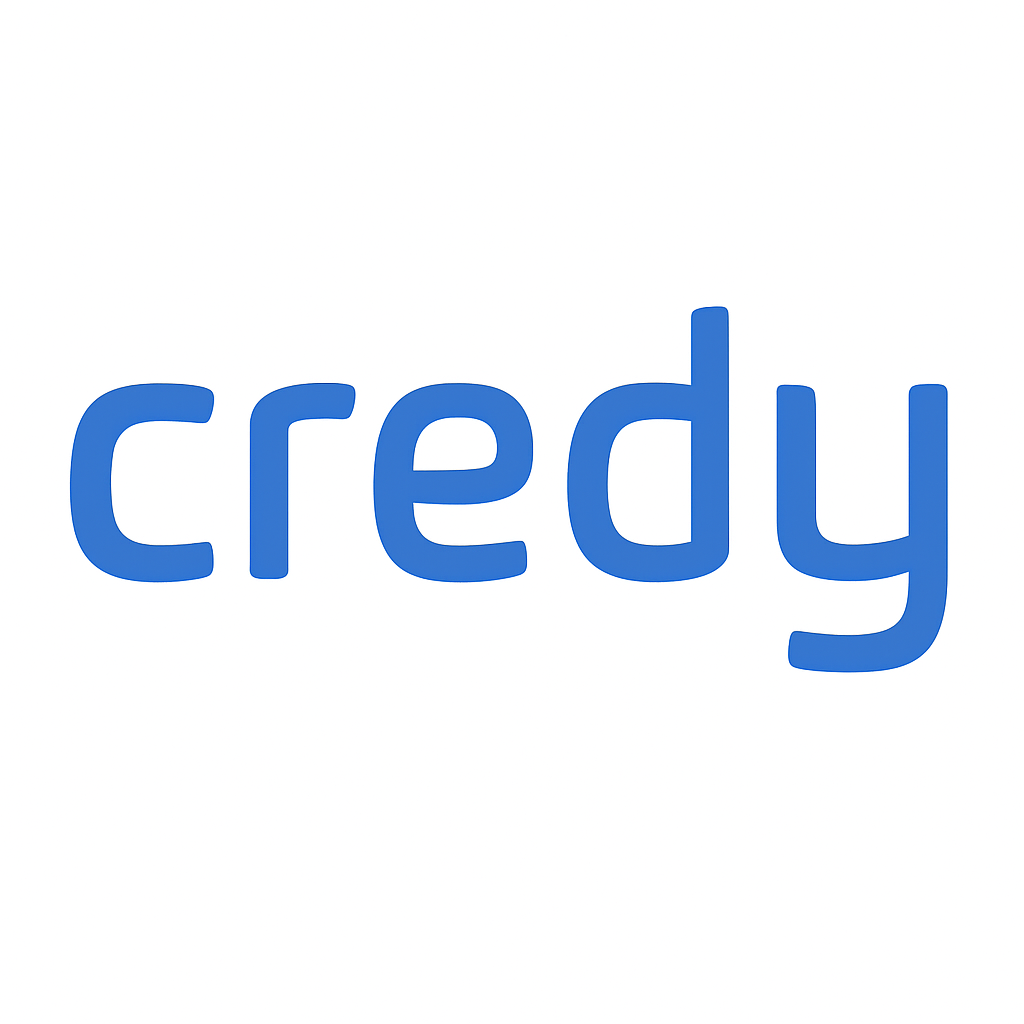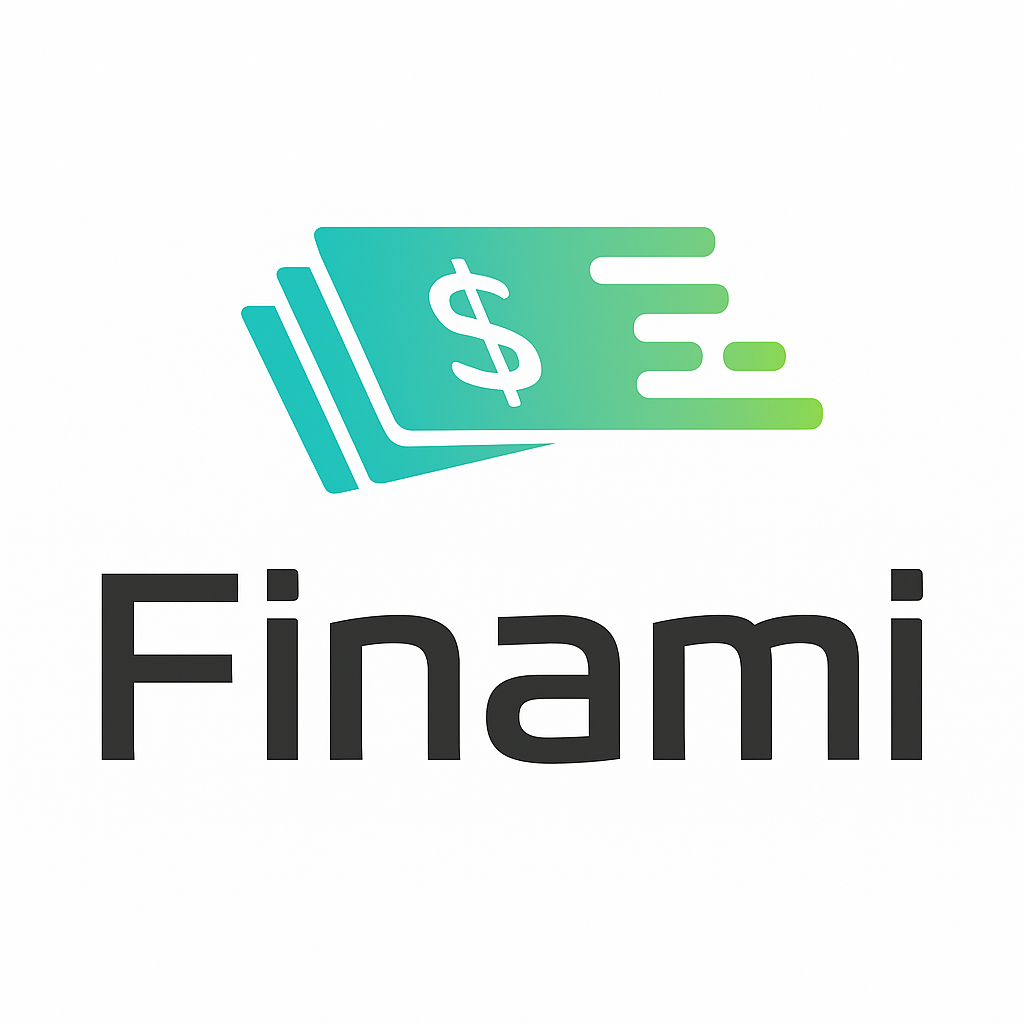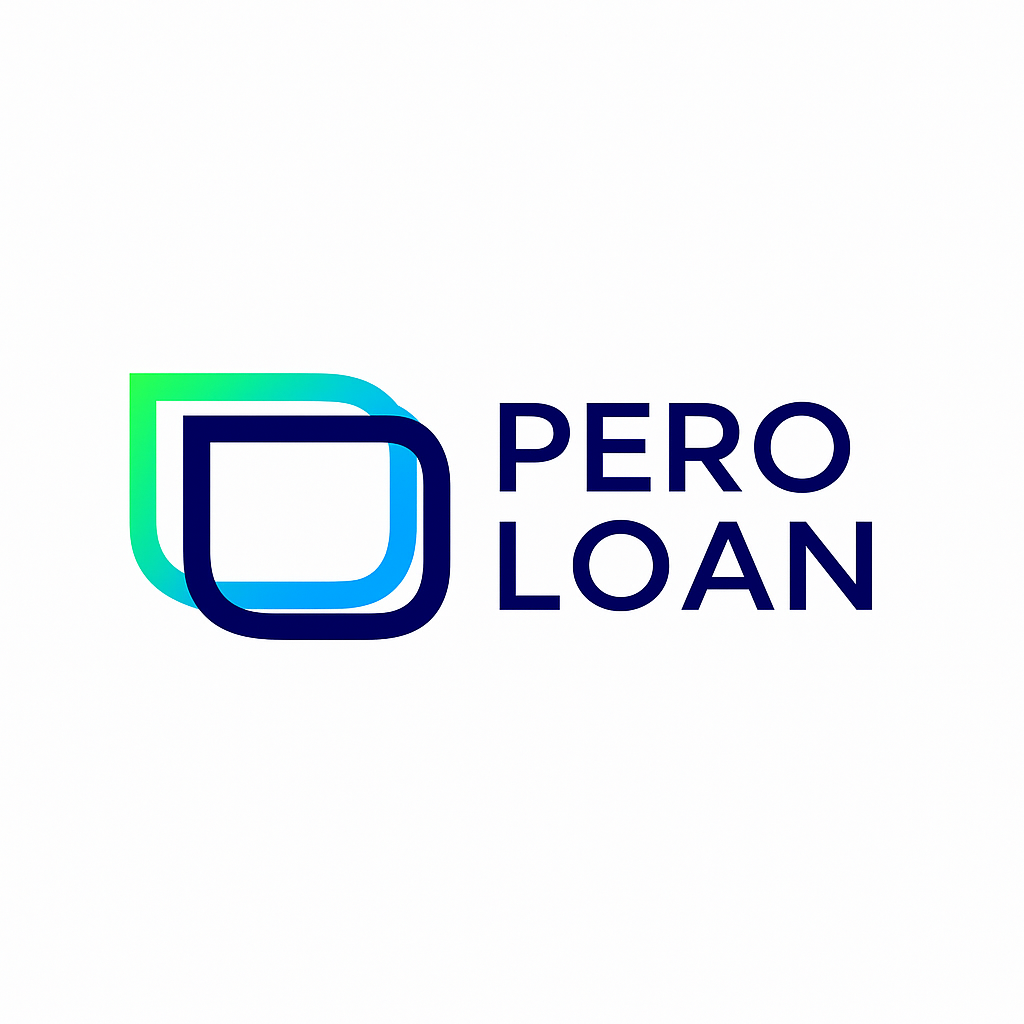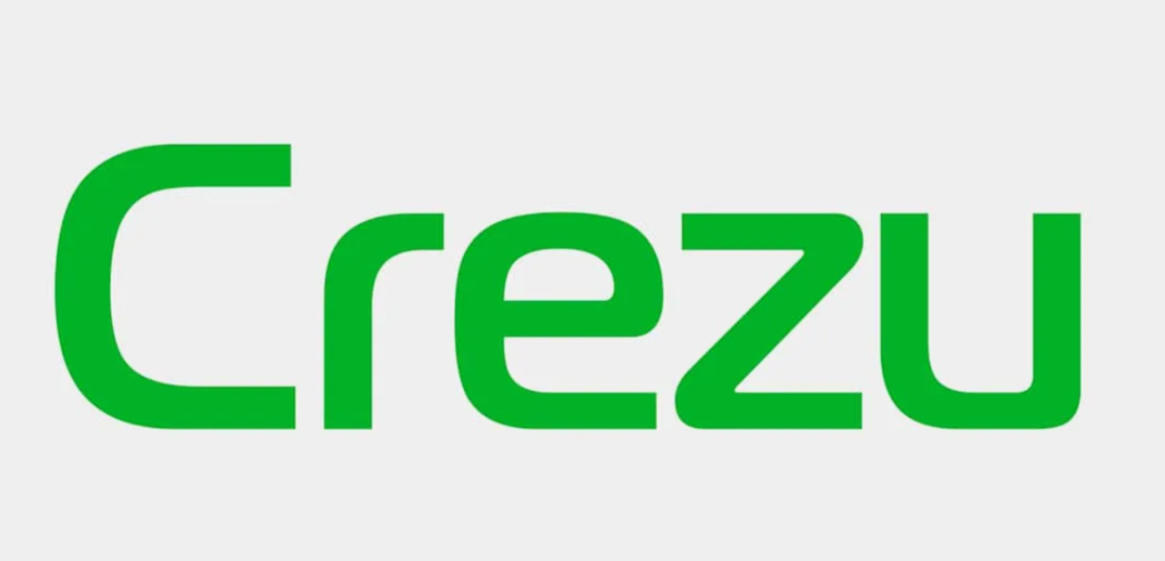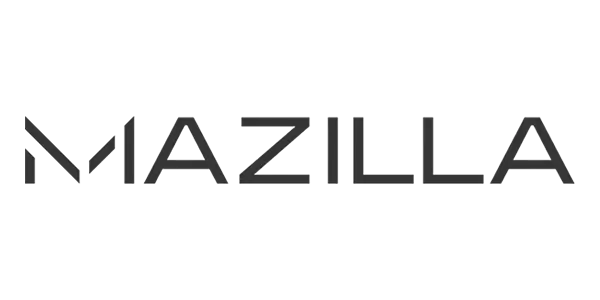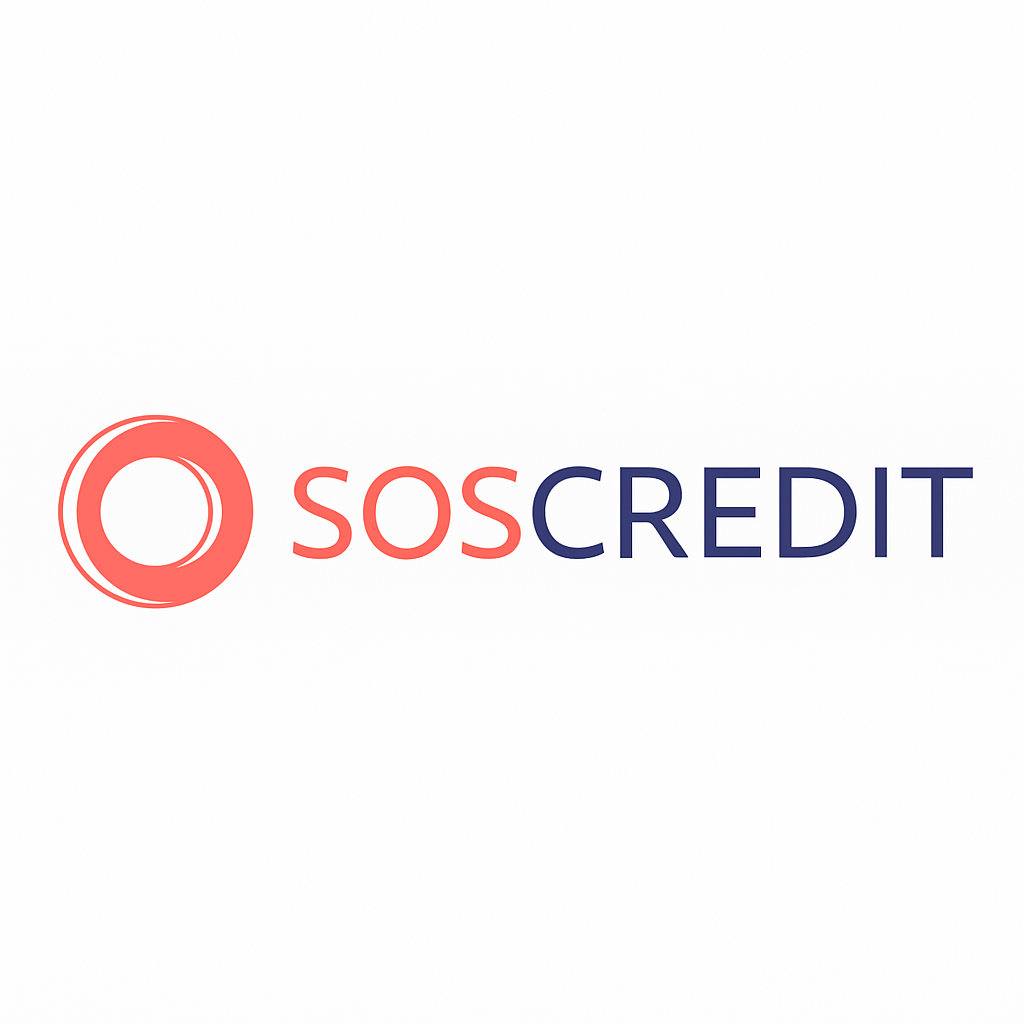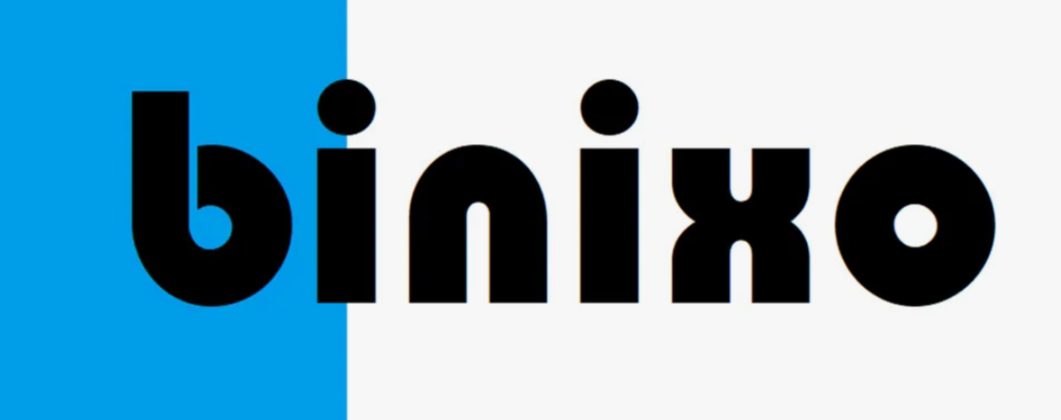Managing Debt and Avoiding Loan Scams in the Philippines: Essential Tips 2025
Trusted Loan Apps
Introduction
As borrowing becomes more accessible in the Philippines, managing debt responsibly and protecting oneself from loan scams are crucial skills for every borrower. The expanding digital lending market has made loans convenient, but it also opens doors to fraudulent schemes. This article provides practical advice on debt management and tips to avoid falling victim to loan scams in 2025.
Understanding Debt Types in the Philippines
- Personal Loans: Borrowed for personal expenses such as emergencies or education.
- Credit Card Debt: Revolving debt from credit card usage.
- Business Loans: Funds borrowed to start or expand business operations.
- Mortgage Loans: Secured loans for property purchase.
- Microloans: Small loans often provided by MFIs for micro-entrepreneurs.
Principles of Effective Debt Management
- Create a Budget: Track income and expenses to understand your financial situation.
- Prioritize High-Interest Debt: Pay off loans with the highest interest rates first.
- Make Timely Payments: Avoid penalties and additional interest by paying on time.
- Avoid Overborrowing: Only borrow what you can realistically repay.
- Consolidate Debt: Consider loan consolidation to reduce multiple payments and interest.
Common Loan Scams in the Philippines
- Unlicensed Lenders: Fraudulent entities posing as legitimate lenders.
- Upfront Fees Scam: Asking for fees before loan approval.
- Fake Collection Agents: Scammers demanding payments on nonexistent loans.
- Identity Theft: Fraudsters stealing personal information for illegal loans.
How to Identify and Avoid Loan Scams
- Check BSP Licensing: Verify lender legitimacy on the Bangko Sentral ng Pilipinas website.
- Beware of Unrealistic Offers: Extremely low interest rates or guaranteed approval without checks are red flags.
- No Upfront Payments: Legitimate lenders do not charge fees before disbursing loans.
- Secure Your Personal Information: Do not share sensitive data unnecessarily.
- Read Contracts Carefully: Understand terms and conditions before signing.
Legal Protections for Borrowers
- Consumer Protection Laws: The Philippines has laws regulating lending practices and protecting consumers.
- BSP Oversight: The central bank monitors lenders and can take action against violators.
- Filing Complaints: Borrowers can report scams to authorities and consumer protection agencies.
Financial Literacy and Education
- Understand Loan Terms: Know interest rates, fees, and repayment schedules.
- Use Financial Planning Tools: Apps and resources help manage budgets and debt.
- Attend Seminars: Many organizations offer workshops on responsible borrowing.
Conclusion
Managing debt wisely and staying vigilant against loan scams are essential in today’s borrowing environment in the Philippines. By following best practices and leveraging available protections, borrowers can maintain financial health and avoid common pitfalls. Educated and cautious borrowing in 2025 ensures safer financial journeys and better credit futures.
